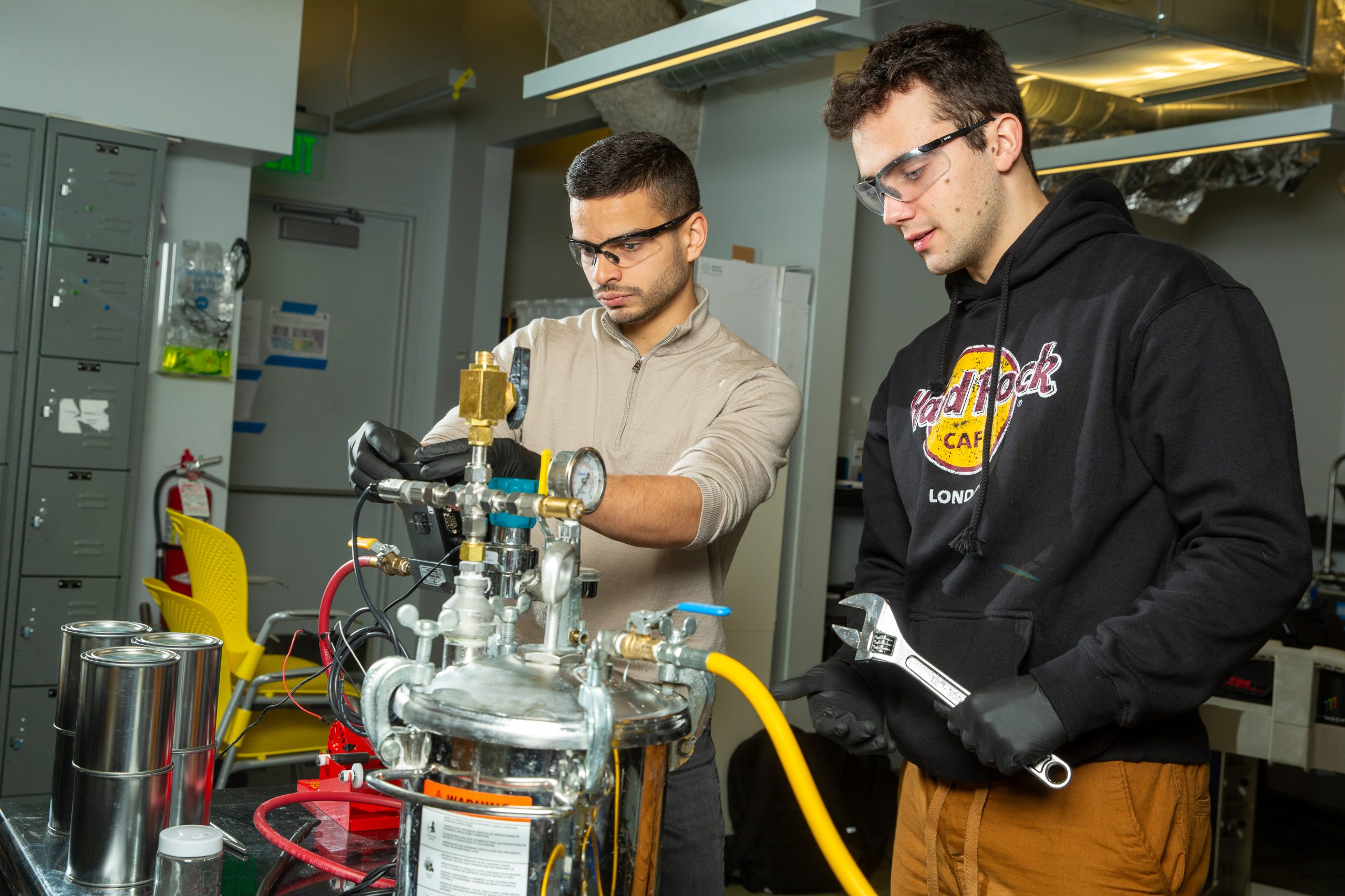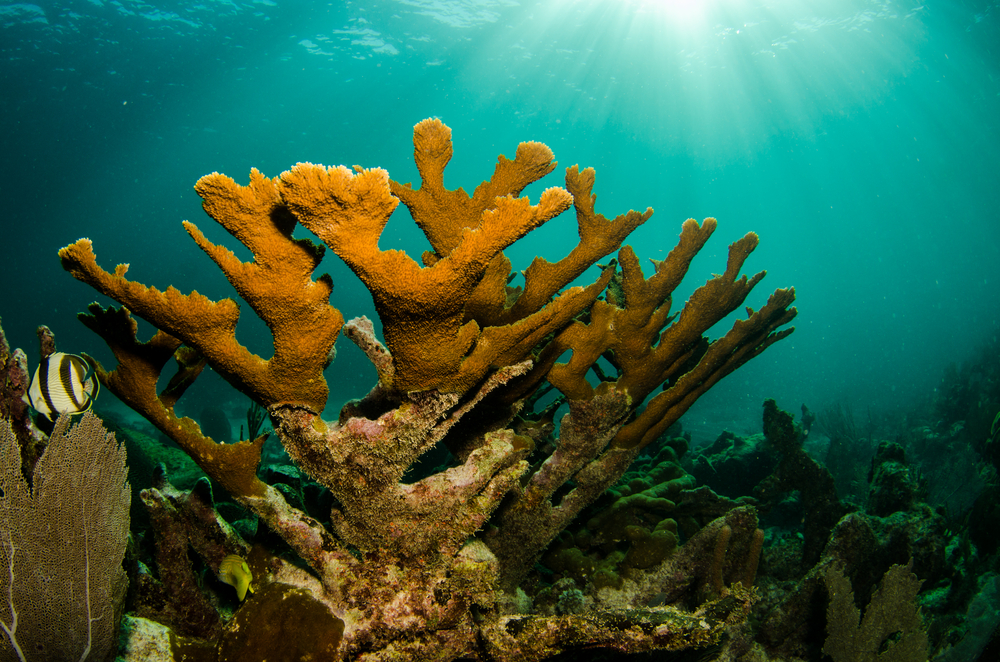The efforts by John and Nancy Todd
“Where there is waste, there might be new products,” declares John Todd, summing up 30 years of groundbreaking work in ecological engineering he has conducted with wife Nancy Jack Todd. Jack is the inventor, drawing on a diverse background in oceanography, agriculture, parasitology and tropical medicine, to construct “eco-machines” that use intricate systems of plants and animals to do work we usually associate with industrial and chemical plants. Nancy is the strategist, helping guide the process of discovery with sharp questions and broad observations. Through their non-profit research institute, Ocean Arks International, and their company, Living Technologies, they explore the world’s ecoystems for practical means of treating polluted water.
“We need to turn to the three-and-a-half-billion-year experiment called life,” John says, outlining his scientific methodology. He points to eelgrass, a plant that naturally purifies waste in shallow coastal waters. “To study an eelgrass community along the East Coast of the United States is to observe ecological design at its finest.”
Inspired by eelgrass, coral reefs, rainforests, pine forests, even deserts, he has built innovative waste treatment and water purification facilities for a brewery, a Caribbean eco-resort, a pet food manufacturer, a food processing plant, schools, two chocolate factories and entire cities. He’s launched an eco-industrial park in Burlington, Vermont, and cleaned up untreated sewage in the canals of Fuzhou, China, which were so grossly polluted that the city was often enveloped in a horrible stench.
The first project was near his home on Cape Cod at a time when ideas like bio-mimcry and ecological design seemed more far-fetched than the wildest science fiction. Poisons from waste lagoons were seeping into the town’s drinking water and cancer was alarmingly on the rise. “I discovered that they [the lagoons] contained most of the priority toxic pollutants on the Environmental Protection Agency’s hit list,” John remembers. He collected hundreds of aquatic plants from salt marshes and other local waterways in 20 tanks through which the waste travelled in a sort of purifying river. At the end of this journey, taking twelve days, all the heavy metals and human pathogens were gone.
Todd is perhaps most famous for his work on the Lewis Center for Environmental Studies at Oberlin College in Ohio, a showcase building designed to generate more energy than it uses and to produce no waste. Todd was responsible for the innovative sewage system, which purified the waste in an eco-machine and then returned clean water to a pond and wetlands on the site.
But the Todds’s ultimate goal is not to just safely and naturally dispose of waste, but to transform it into something valuable and useful. “It’s my contention that within a decade, waste treatment will be a new kind of economic resource, not a cost, ” John says. – JW
For more information: Ocean Arks International, 176 Battery Street, Suite 1, Burlington, VT 05401, USA, www.oceanarks.org.>











